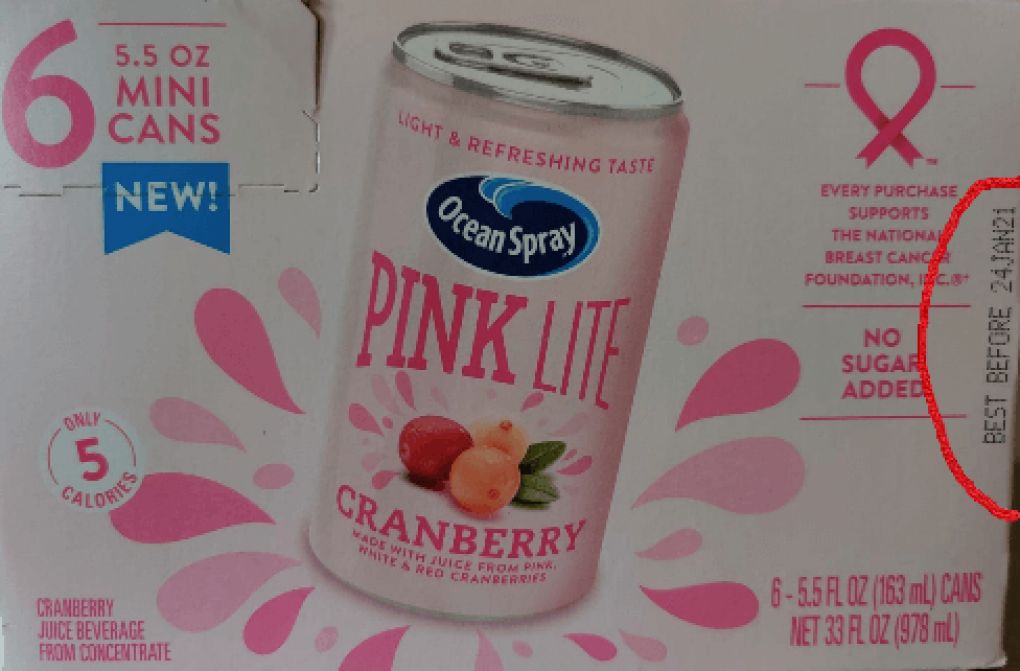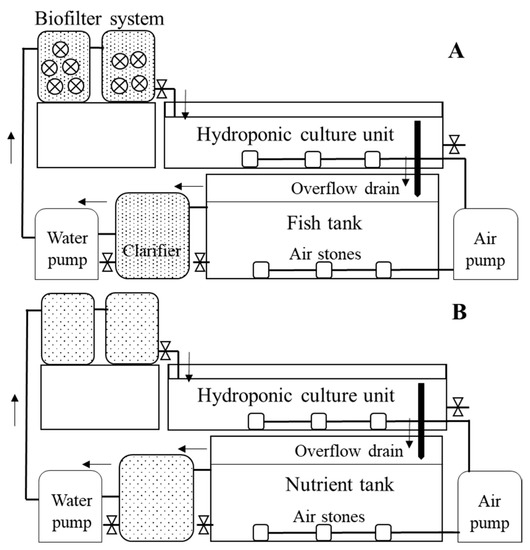The FDA announced on its website that Ocean Spray Cranberries, Inc. recalled a single lot of 5.5oz cans of Pink Lite Cranberry Juice Drink because it may contain undeclared sulfites, which were erroneously added by a contract manufacturer. Sulfites are a common preservative added to many food products; however, consumers who have a sensitivity to sulfites run the risk of allergic reactions if consumed. The 5.5oz cans of Pink Lite Cranberry Juice Drink were distributed to retail supermarkets, retail wholesalers and online retailers. The recall was initiated after the contract manufacturer revealed their error after a root cause investigation of consumer complaints regarding an “off” odor in the identified lot. Analysis by the food safety and quality personnel revealed that sulfites were added to the identified lot of product erroneously by a contract manufacturer. @ https://www.fda.gov/safety/recalls-market-withdrawals-safety-alerts/ocean-spray-cranberries-inc-recalls-single-production-lot-55-oz-cans-pink-lite-cranberry-juice-drink?utm_campaign=Ocean%20Spray%20Cranberries%2C%20Inc%20Recalls%20Single%20Production%20Lot%20of%205.5%20Oz%20Cans%20of%20Pink%20Lite&utm_medium=email&utm_source=Eloqua
ruth
Ocean Spray Cranberries, Inc. is recalling a single production lot of 5.5oz cans of Pink Lite Cranberry Juice Drink (listed below) because it may contain undeclared sulfites, which were erroneously added by a contract manufacturer.
ruth
A meatpacking plant in west Michigan had 60 employees test positive for COVID-19, according to reports. JBS Meat Packaging in Gun Plain Township had to shut down over the weekend after the employees tested positive COVI-19. However, the plant was back open on Monday with limited staffing, Allegan County health officials said. On Monday, JBS announced the indefinite closure of its Worthington, Minnesota, pork production facility because it could not “safely operate.” The facility employs more than 2,000 and processes 20,000 hogs per day. When COVID-19 is prevalent in the community, fear is heightened, absenteeism rises. When absenteeism levels become too high, facilities cannot safely operate.” @ https://www.clickondetroit.com/news/local/2020/04/21/reports-60-workers-at-michigan-meat-packing-plant-test-positive-for-covid-19/
A meat packing plant in west Michigan had 60 employees test positive for COVID-19, according to reports.
Proponents of hydroponic and aquaponic systems suggest their growing methods would reduce or eliminate any risk of contamination. However, food safety concerns have been raised over vegetables and herbs grown in aquaponics and hydroponics systems. The concerns relate to the reuse of wastewater and spent nutrients. A Purdue University study has found the presence of Shiga toxin-producing E. coli (STEC) in hydroponic and aquaponic growing systems. STEC was found in fish feces in the water of both aquaponics and hydroponics. It was also found on the surface of the roots of lettuce, basil, and tomato regardless of the system. Importantly, contaminated water did not lead to the internalization of STEC into the roots, leaves, and/or fruit of the plants. Listeria monocytogenes and Salmonella spp. were not present in any samples examined. Fish feces were considered the primary source of the pathogenic bacteria in the aquaponic system, possibly due to the introduction of contaminated fish. @ https://www.mdpi.com/2311-7524/6/1/1/htm
Food safety concerns have been raised over vegetables and herbs grown in aquaponics and hydroponics due to the reuse of wastewater and spent nutrient solutions. This study was conducted to determine the occurrence of foodborne pathogens in greenhouse-based aquaponic and hydroponic systems. Fish feces, recirculating water, roots, and the edible portions of lettuce, basil, and tomato were collected at harvest, and microbiological analyses were conducted for the bacterial pathogens Shiga toxin-producing Escherichia coli (STEC), Listeria monocytogenes, and Salmonella spp. Enrichments and selective media were used for the isolation, and presumptive positive colonies were confirmed by PCR. STEC was found in fish feces, in the water of both systems, and on the surface of the roots of lettuce, basil, and tomato regardless of the system. However, contaminated water did not lead to the internalization of STEC into the roots, leaves, and/or fruit of the plants. Meanwhile, L. monocytogenes and Salmonella spp. were not present in any samples examined. Our results demonstrated that there are potential food safety hazards for fresh produce grown in aquaponic and hydroponic production systems.
ruth
Restaurants and school feedings are closed, and consumer habits are changing. Supplies of raw milk greatly exceed retail demand due in large part to the collapse of sit-down dining at restaurants and the closure of schools. The demand for soup in the spring could have a ripple effect later this year, said Mike Duffy, CEO of C&S Wholesale Grocers. Much of the industry’s focus right now is on ensuring the continuous supply of fresh meat, particularly after several plant closings. Workers at meat processing plants are especially at risk of contracting the coronavirus because they’re often positioned close to one another. In other types of food processing facilities, they tend to be more machine operators, so people are not in close proximity. In the poultry industry, a sickened workforce is threatening to create an imbalance between the number of chickens on the farm and the amount processed into meat for sale. Duffy said there’s generally sufficient food in the pipeline, but bare shelves will continue because it takes time for products to wind their way through to stores. @ https://www.msn.com/en-us/news/us/meat-shortage-2020-coronavirus-has-led-smithfield-other-plants-to-close-farmers-to-dump-milk/ar-BB12JHyz?li=BBnb7Kz
Is Smithfield pork safe to eat? Why are meat plants shutting down? Here’s why shoppers are struggling to find chicken, meat and eggs amid COVID-19.


:strip_exif(true):strip_icc(true):no_upscale(true):quality(65)/arc-anglerfish-arc2-prod-gmg.s3.amazonaws.com/public/ND4WHH2OVBE6RKA7RCV2B3WHPU.jpg)

